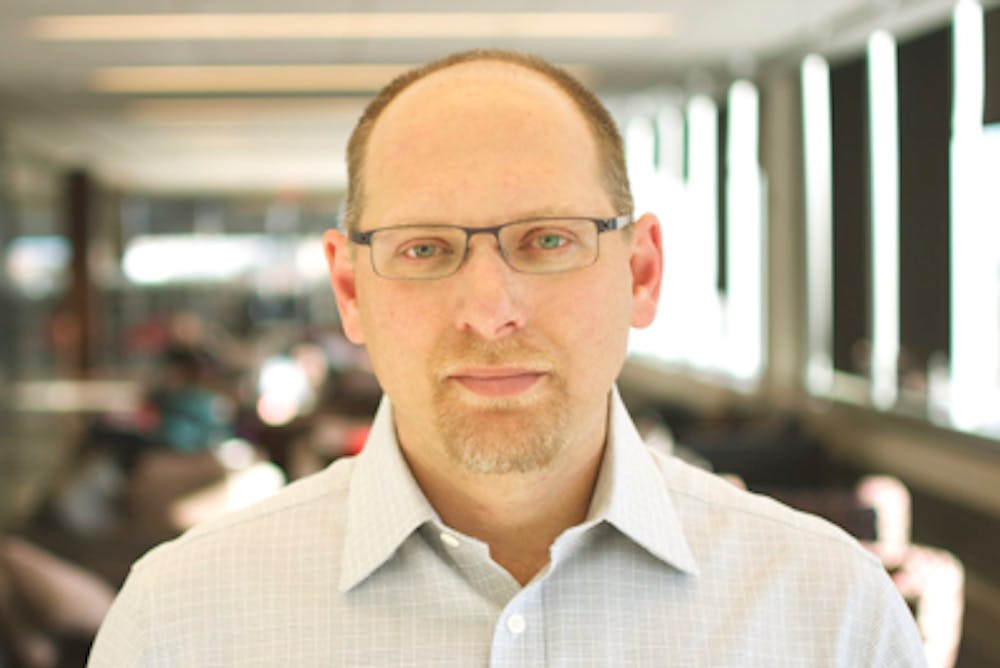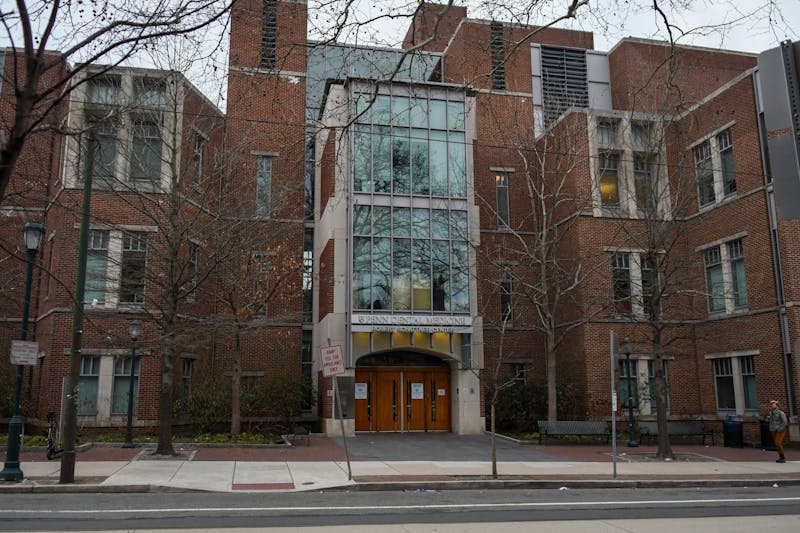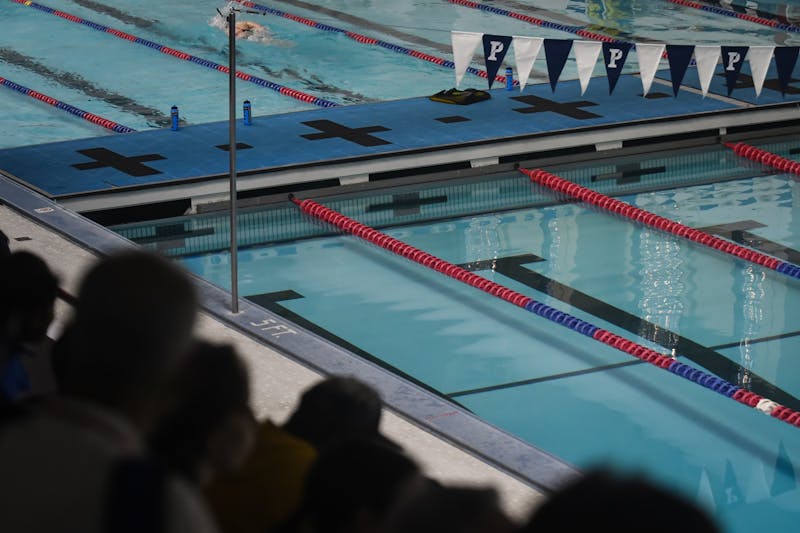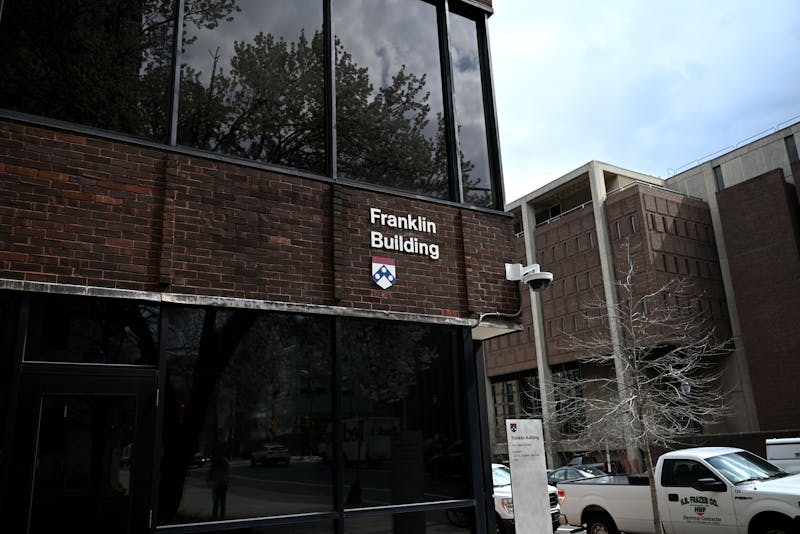One professor’s legal victory means more content and less confusion for massive open online courses throughout the country.
Peter Decherney, a Cinema Studies professor at Penn, contributed to recent efforts towards a copyright exemption for Massive Open Online Courses that require content protected under the 1998 Digital Millennium Copyright Act. On Oct. 28, the exemption was approved by the U.S. Copyright Office, meaning Decherney and his colleagues had accomplished what they had set out to do.
Decherney testified in May with help from the American University Washington College of Law intellectual property law clinic and the American Library Association. At the time, the DMCA did not allow professors to use digitally protected videos for online courses, despite professors being allowed to scan and distribute written course material. The exemption will allow MOOC professors to utilize copyrighted movies, television shows and Blu-ray videos for the first time.
Using clips is essential to the types of classes Decherney teaches. “The lectures for my course are very heavily illustrated with clips and other kinds of images, and they wouldn’t make sense without the clips,” he told Penn Current. “To hear me describe a film image is OK, but if you can’t see it, you’re really not going to understand what I’m talking about.”
Decherney speculated that the exemption could be useful outside of cinema studies. “It might also be true in a foreign language class, where you want to see the expression on someone’s face as you’re watching them speak. It could also be used in a biology class, looking at a detailed microscopic image from a science video. It has implications across the curriculum,” he told Penn Current.
This victory could have widespread impact across education in the country as the exemption allows for-profit learning platforms such as Coursera to use copyrighted material alongside traditional, nonprofit schools.
Penn offers its own MOOCs through edX, a nonprofit organization created by the Massachusetts Institute of Technology and Harvard University in 2012 that runs on open-source software, as well as Coursera, a venture backed for-profit education company.
This is not Decherney’s first victory in a DMCA exception case. In 2006 he, along with Annenberg School for Communication Dean Michael Delli Carpini, successfully petitioned for an exemption to allow DMCA and other copyright-protected material to be used for in-person or class lectures.
The Daily Pennsylvanian is an independent, student-run newspaper. Please consider making a donation to support the coverage that shapes the University. Your generosity ensures a future of strong journalism at Penn.
DonatePlease note All comments are eligible for publication in The Daily Pennsylvanian.








